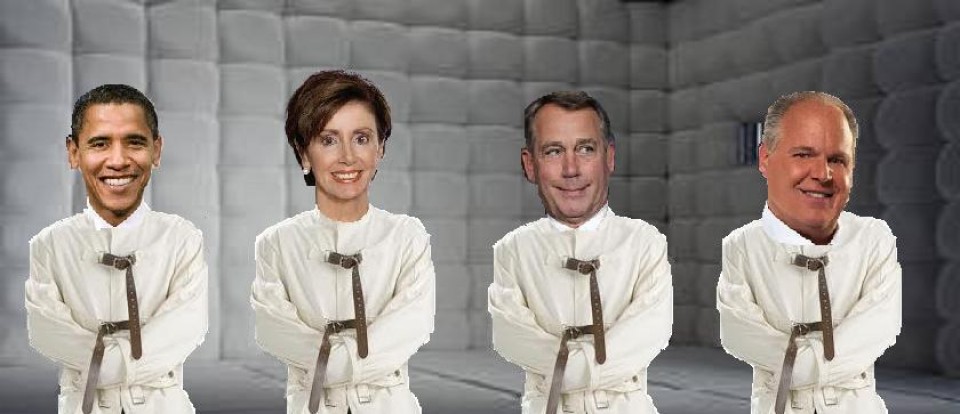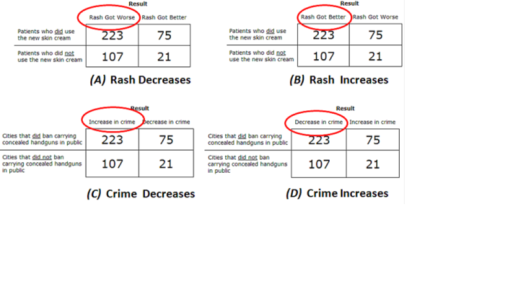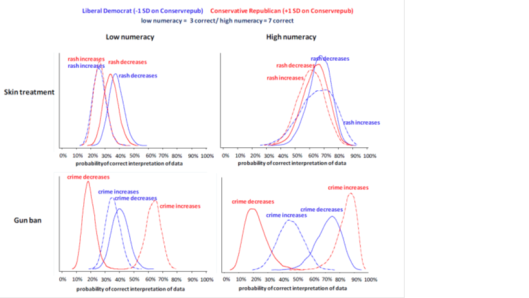Tags
electoral politics, group identity, identity politics, instrumental politics, political action, political behavior, politics, psychology, self-interest
It is commonly assumed that much of political behavior is driven by individual self-interest. People vote for tax breaks, better school or larger social programs to benefit themselves. But when this assumption is empirically tested the results are mixed; it seems sometimes self-interest drives political behavior and other times it does not. Those results are due to a couple factors, first self-interest is very complicated, second group identity also influences political behavior.
The complexities of individual self-interest inherently make it is difficult to empirically evaluate the role of self-interest in political behavior. First off self-interest is a feature of the individual and their particular circumstances. Each and every person has different needs and desires which inform their idea of what is in their best interests. Also each individual has different perceptions about the best manner to solve the problems they face and thus may endorse different courses of action even when faced with similar problems. Some researchers assume that on the aggregate people in similar positions will face similar problems and thus show some similar behavior based on individual self-interest. This in fact can be shown when voting varies based on economic conditions; a good economy increases votes for the incumbent and a poor economy decreases votes for the incumbent. The effect is small but consistent which indicates that self-interest based on the economy is only part of the story. Other research can show that people are more apt to mobilize for collective action when faced with a very proximal threat to their wellbeing. For example you see protests over the construction of highways or pollution from a factory harming the community. While people may act politically to engage an issue in their own community far fewer will do so in another community especially if it is distant from their home. That shows that self-interest is influencing the political behavior.
But there are problems with self-interest. Frequently self-interest is measured in an objective manner since that gives the most precise and consistent measures. Yet it has been shown that objective deprivations are not as good predictors of political behavior as subjective grievances. That means the reality of the situation is not what matters instead it is the individuals perception of the situation that leads to political behavior. This inherently creates difficulties with empirical analysis of self-interested behavior since it is harder to get at individual perceptions than objective realities. Researchers may utilize questions about the individual’s perception of various issues but when it comes down to it those questions may or may not address the particular self-interested motivations of that individual. Also much of government is very complicated so it can be difficult for individuals to understand whether or not a given policy or piece of legislation is in their interests. People may not understand what is in the legislation such as Obamacare which is so complex with so many features that even insurance companies are hiring specialist to help them comprehend the impact it will have. Thus it is exceptionally difficult for an average person to evaluate. It is impossible to measure self-interested behavior when individuals can’t determine what is in their own interests. Also any attempt to look at self-interest has to make assumptions about what is or is not in the person’s interests. The researcher has to apply a value system to the information in order to judge self-interest but there are many different value systems used by people. The incorrect choice of values will lead to an inability to properly measure self-interest. Consider an individual without health insurance, many would say that Obamacare is in their interests because they could potentially go on Medicaid or receive subsidies through the health exchanges. But not all people would agree. Some would argue that the government intrusion into health care is contrary to their self-interest. That Obamacare will damage the entire health care system and the entire country which in turn is not in their personal self-interest. At the same time others may argue that health insurance coverage will keep them healthier and thus Obamacare is in their interests. Unfortunately, any empirical study of self-interest must make determinations such as what is truly in the interest of the individual but that may not be what the individual believes.
In addition to the complexities facing an empirical analysis of self-interest there is also the problem that self-interest is not the only motivator of behavior. In fact many see group identity as very large driver of human behavior. Identity politics are clearly seen during elections where candidates appeal to women’s issues, latino voters or black voters. In fact group identity has been shown to be a very strong driver of collective action and political behavior. Frequently when researchers investigate self-interest they also include party affiliation, demographics, ideology, religion and other identity factors. That is usually done in order to control for those variable. But the results are frequently that self-interest is a smaller impact than partisanship, ideology or race. Unfortunately both identity and self-interest are tied together in certain ways that could make it difficult to untangle.
Most people don’t follow politics closely so they get their information from friends, family, coworkers or others in their community. These communities provide a space for people to discuss politics and develop opinions about politics. This also influences what individuals see as their own self-interest. So group identity can also factor into perceived self-interest but it is not easy to separate the effect of the group from the individual perception. This is especially difficult if the measurement for self-interest are unreliable, inaccurate or biased because that adds a lot of noise to the data and makes it impossible to differentiate effects. Furthermore people need mobilized to take political action, which is why candidate engage in “Get out the vote” campaigns. Yet social networks play a critical role in mobilization of individual to take political action. Some of the primary social networks for people are the groups they identify with most closely. So even when an individual is acting in their own self-interest it oftentimes requires a group to motivate the individual to act. That confounds any measure of self-interest with group identity.
Finally not all people act politically in a self-interested manner. Some may believe that they should not vote for their self-interest rather they should vote in the interest for the country. Some may even believe it is wrong to act politically on the basis of personal interest. A prime example of this is in John Rawls “A Theory of Justice”. Rawls argues that people should develop the political system from behind a “veil of ignorance”. Essentially he puts forth a scenario where people are creating a new government but each person is unaware of what their position in society will be. So every person is motivated to create the most just system possible. It is intended to eliminate self-interest in political choices and instead focus purely on making the best system for all people. That shows that at least some people may actively choose not to vote on self-interest. They may vote purely based on the interests of the nation as a whole. Other examples of political behavior that is not self-interested are the animal rights movement and the environmental movement. . Groups like the Sea Shepherds literally put their lives on the line in order to save animals. Those individuals engage in political activity that may have no benefit for themselves because they believe it is the right thing to do.
In the end self-interest does seem to motivate some behavior though it is difficult to determine exactly how much. It is difficult to measure self-interest due to different individual perceptions and values. On the other hand group identity can clearly motivate group behavior. Groups and communities serve as a place for individuals to form opinions and perceptions about politics. Also social networks are important for individuals to mobilize for political action. Thus self-interest and group identity are intertwined and it may be impossible to ever untangle them.





